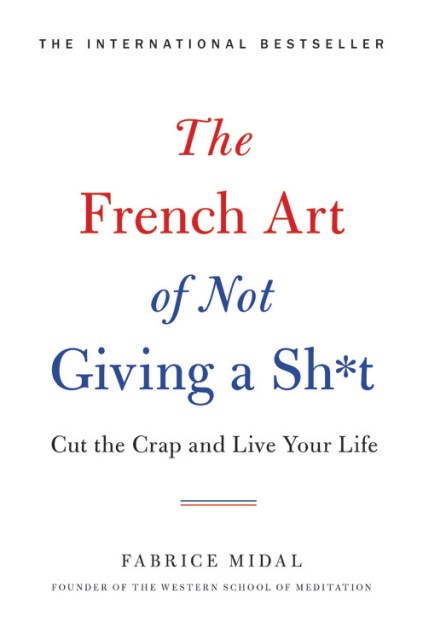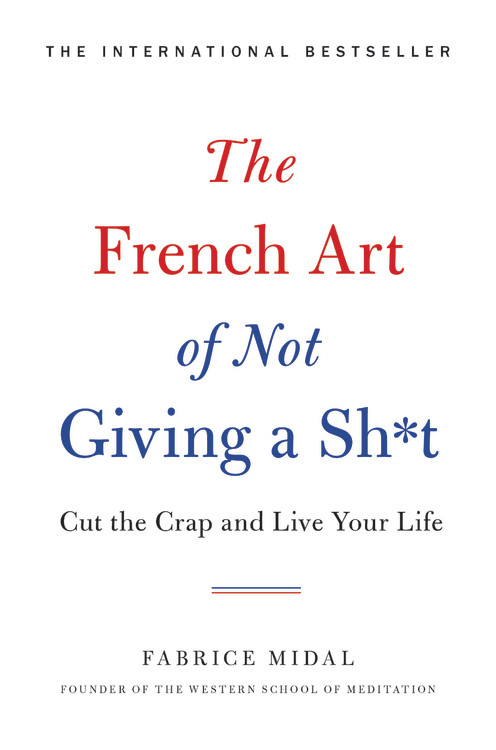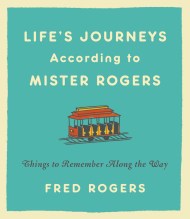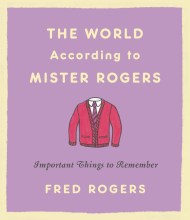By clicking “Accept,” you agree to the use of cookies and similar technologies on your device as set forth in our Cookie Policy and our Privacy Policy. Please note that certain cookies are essential for this website to function properly and do not require user consent to be deployed.
The French Art of Not Giving a Sh*t
Cut the Crap and Live Your Life
Contributors
Formats and Prices
- On Sale
- Dec 19, 2017
- Page Count
- 176 pages
- Publisher
- Grand Central Publishing
- ISBN-13
- 9780316478212
Price
$31.00Price
$41.00 CADFormat
Format:
- Hardcover $31.00 $41.00 CAD
- ebook $9.99 $12.99 CAD
- Audiobook Download (Unabridged) $18.99
This item is a preorder. Your payment method will be charged immediately, and the product is expected to ship on or around December 19, 2017. This date is subject to change due to shipping delays beyond our control.
Buy from Other Retailers:
Be calm… Stop stressing… Embrace the universe… Try yoga… Be fulfilled… and that’s an order! We’re overwhelmed with these sorts of commands, and we often torture ourselves to “try harder,” yet somehow we never feel we’ve done quite enough. It’s about time we stop pushing ourselves to do what we think we’re supposed to do, and instead simply allow ourselves to be angry, be tired, be silly, be passionate–to stop giving a shit, and just be.
An international bestseller (now in English for the first time), The French Art of Not Giving a Sh*t by Fabrice Midal explains why the key to true mindfulness is freeing ourselves from social and often self-imposed stresses — and highlights how we can embrace life more fully by giving ourselves a break. He gives readers permission to:
Stop obeying — you are intelligent
Stop being calm — be at peace
Stop wanting to be perfect — accept life’s storms
Stop rationalizing — let things be
Stop comparing — be you
Stop being ashamed — be vulnerable
Stop tormenting yourself — become your own best friend
Stop wanting to love — be benevolent
One of the world’s leading teachers of meditation and mindfulness, Midal offers us a new solution to the perennial problem of our too-much, too-fast modern life. It’s OK, he urges us, to say no. It’s fine to quit the things that don’t fulfill you. It’s necessary, in fact, to give ourselves a break and say, simply, c’est la vie. In The French Art of Not Giving a Sh*t, Midal gives each of us permission to stop doing the things that don’t make us happy … so we have room in our lives for the things that do.
Newsletter Signup
By clicking ‘Sign Up,’ I acknowledge that I have read and agree to Hachette Book Group’s Privacy Policy and Terms of Use






